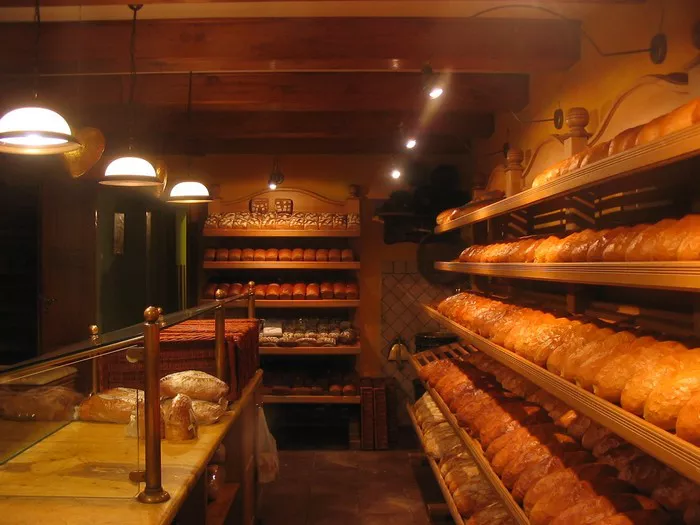Salt Lake City, Utah – Forty Three Bakery, situated in Poplar Grove, Salt Lake City, is encountering financial challenges and regulatory barriers as it seeks to secure a liquor license to enhance its business prospects. Despite endeavors to improve its financial standing, the bakery faces an obstacle imposed by state laws governing the proximity of businesses selling alcohol to certain establishments, primarily churches.
Andrew Corrao, the pastry chef and proprietor of Forty Three Bakery established last autumn, articulated the bakery’s financial struggles exacerbated by a sluggish winter season. Housed in a refurbished warehouse that underwent substantial renovation prior to its opening, the business still contends with outstanding construction debts. An additional financial burden arose with the installation of a $25,000 drop-down ceiling over the kitchen, necessitated to comply with regulatory requirements for obtaining an official business license.
To transition from a conditional to an official business license, Corrao was mandated to install the drop-down ceiling. However, the pivotal challenge emerged due to the proximity of Forty Three Bakery to the Summum Pyramid, a long-standing religious institution on 707 Genesee Ave. maintained by the Church of Summum, recognized for practices such as “modern mummification”.
The Department of Alcoholic Beverage Services (DABS) underscored the legal stipulation requiring a minimum distance between establishments licensed to sell alcohol and designated locations like churches. The measurements conducted by DABS personnel revealed that Forty Three Bakery fell short of the prescribed distance, thwarting its liquor license aspirations.
Despite Corrao’s willingness to comply with regulatory requirements, the rigid adherence to proximity laws poses a significant setback for the bakery’s expansion plans. While contemplating potential solutions such as constructing a new entrance on the west side of the building to meet distance prerequisites, the associated costs render this proposition financially unviable for Corrao.
Expressing frustration over the inflexibility of liquor laws in Utah, Corrao lamented the hindrances imposed on businesses striving for success. He envisioned Forty Three Bakery as a multifaceted establishment offering evening menus complemented by local beverages, fostering a vibrant community space for gatherings and events.
In light of the impasse, Corrao reflects on the broader impact of regulatory constraints on business innovation and community development in Poplar Grove. Despite the challenges faced, he remains optimistic about the potential of establishments like Forty Three Bakery to revitalize and bridge divides within the neighborhood, fostering a welcoming space for residents of Salt Lake City.
The saga of Forty Three Bakery epitomizes the intricate interplay between regulatory compliance, economic viability, and community enrichment, underscoring the complex landscape faced by small businesses navigating through regulatory frameworks in pursuit of growth and sustainability in the evolving business ecosystem.

